
Book
Five Times Faster
Rethinking the Science, Economics, and Diplomacy of Climate Change
Recommendation
Despite mass protests, government initiatives, and global accords, people keep pumping greenhouse gases into the atmosphere and exacerbating global warming. Simon Sharpe, senior fellow at the World Resources Institute, maintains that to contain climate change, nations must make sure global temperatures do not increase beyond 1.5oC [2.7°F]. Emissions must drop dramatically and quickly. Sharpe asserts that to avoid the worst impacts of climate change, human thinking – and the world’s economies – must change.
Summary
About the Author
Simon Sharpe, Director of Economics for the UN Climate Champions Team, is a senior fellow at the World Resources Institute.
Learners who read this summary also read
Book
Book
Book
Report
Book
Book








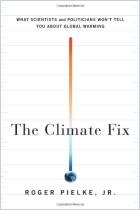
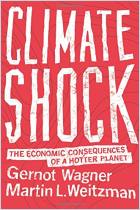
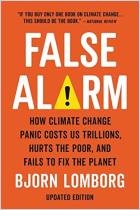
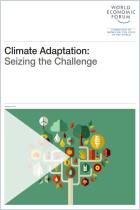
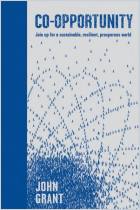
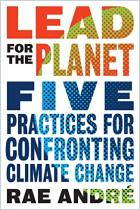











Comment on this summary